The importance of zooplankton, a heterogeneous assemblage of microscopic animals, in the trophic dynamics of freshwater ecosystems has long been recognized as these organisms, not only regulate the aquatic productivity, by occupying almost middle position in food chain, but also indicate environmental status in a given time. In addition, their diversity has assumed added importance during recent years due to the ability of certain species to indicate the deterioration in the quality of water caused by pollution/eutrophication. Owing to this, they have attracted the attention of a large number of workers throughout the world and sufficient literature exists on various aspects of their taxonomy, diversity, biology, community structure and dynamics in temperate waters. However, from tropical waters, particularly in India, not much attention has been given by aquatic biologists to their faunal diversity and species composition. Barring a few, most of the earlier studies dealing with limnology of some lakes and ponds, refer only to general variation in total zooplankton numbers without giving due attention to proper identification of the species constituting the community. Many a times several species of a group were taken together for the analysis of spatial or temporal variations or the impact of water quality deterioration, which failed to give information on the actual process or impact. It is abundantly clear that any study on the community ecology, without properly identifying various components of the community may not give relevant information.
Faunal Diversity of Zooplankton in Freshwater Wetlands of Southeastern West Bengal
In stock
Free & Quick Delivery Worldwide
reviews
Bibliographic information
Title
Faunal Diversity of Zooplankton in Freshwater Wetlands of Southeastern West Bengal
Author
Edition
1st ed.
Publisher
ISBN
8185874840
Length
107p., Plates.
Subjects

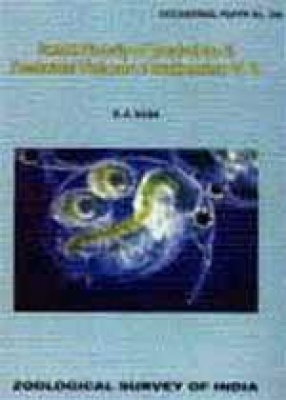
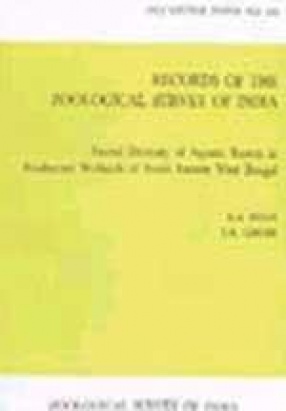
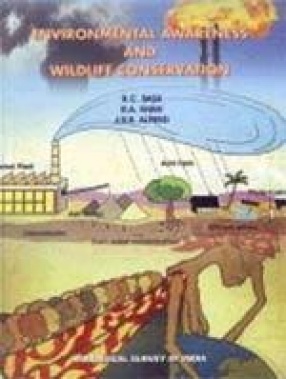
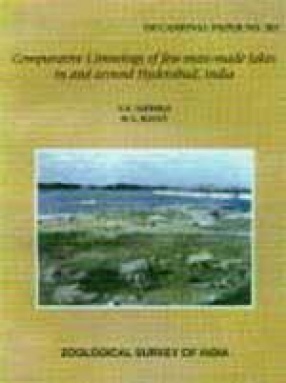
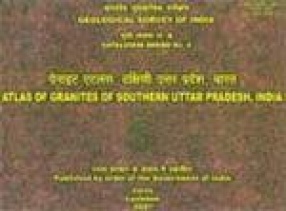


There are no reviews yet.